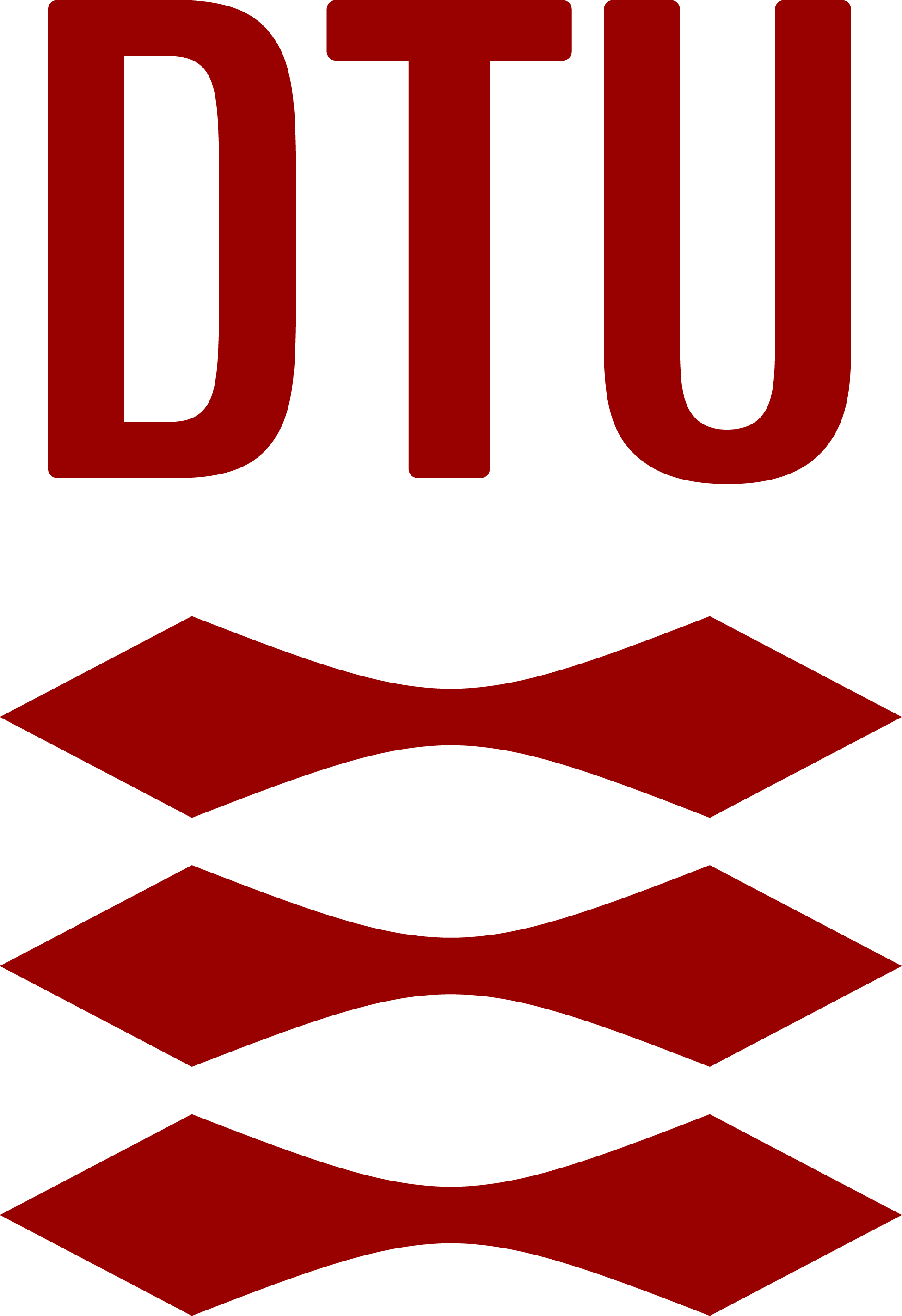Over deze cursus
The course will introduce the use of the commercial finite element code Abaqus in a research-oriented way where a number of nonlinear problems will be addressed. The focus will be on creating, analyzing and evaluating nonlinear material simulations, simulations of fibre reinforced composites and crack growth predictions. The workload in the course will focus on the study of a number of nonlinear problems, which include building up, solving and evaluating the solutions from realistic finite element problems. Throughout the work with the finite element exercises, important points using a commercial finite element code will be addressed. Cases involving isotropic elastic, anisotropic elastic and elastic-plastic material laws will be studied. In addition, user-defined subroutines and Python scripting be will used.
Leerresultaten
At the end of the course the learner will be able to: • Create advanced finite element models in Abaqus • Apply theoretical concepts to analyze finite element simulations • Apply the effects of nonlinear material models and evaluate the results • Create models consisting of orthotropic materials and analyse its influence • Create models discretizing fiber composite structures and analyse the layups and critical ply stresses and strains based on first and last ply failure criteria • Create and evaluate crack tips models and analyse their prediction accuracy. • Create crack growth using models cohesive material laws in a finite element model and evaluate the impact of different modelling parameters • Create Python scripts and apply these for pre- and post-processing steps • Apply Large-Language Models like ChatGPT/CoPilot to generate scripts and input files in order to interact with Abaqus and to evaluate/post-process results. • Create simple user-defined subroutines in Abaqus • Understand the navigation in Abaqus’ User Manual and apply your knowledge to find relevant information. • Analyse and evaluate critically finite elements simulations (plausible check, physical meaningful, mesh convergence study, comparison with tests/analytical results).
Toetsing
During the course 5 different cases are studied and collected in individual or group reports with ongoing feedback and final assessment. Graded pass/fail only.
Voorkennis
Courses covering strength of materials and an introduction to the finite element method or other courses covering composite materials and fracture mechanics
Activiteiten
The course is built up as a problem-based or problem-solving learning course. The focus is on understanding and conclusive postprocessing, where analytical solutions and experimental results will often be compared and discussed.
Aanvullende informatie
- Locatie instellingAnker Engelunds Vej 1, Online
- Meer infoCursuspagina op de website van Technical University of Denmark
- Neem contact op met een coordinator
- StudiepuntenECTS 5
- NiveauDoctoral
- Contact uren per week4
- InstructeursLars Pilgaard Mikkelsen
- InstructievormHybrid
Aanbod
Startdatum
6 februari 2025
- Einddatum12 mei 2025
- Periode *Spring 2025
- LocatieOnline
- Voertaal
Inschrijvingsperiode gesloten
